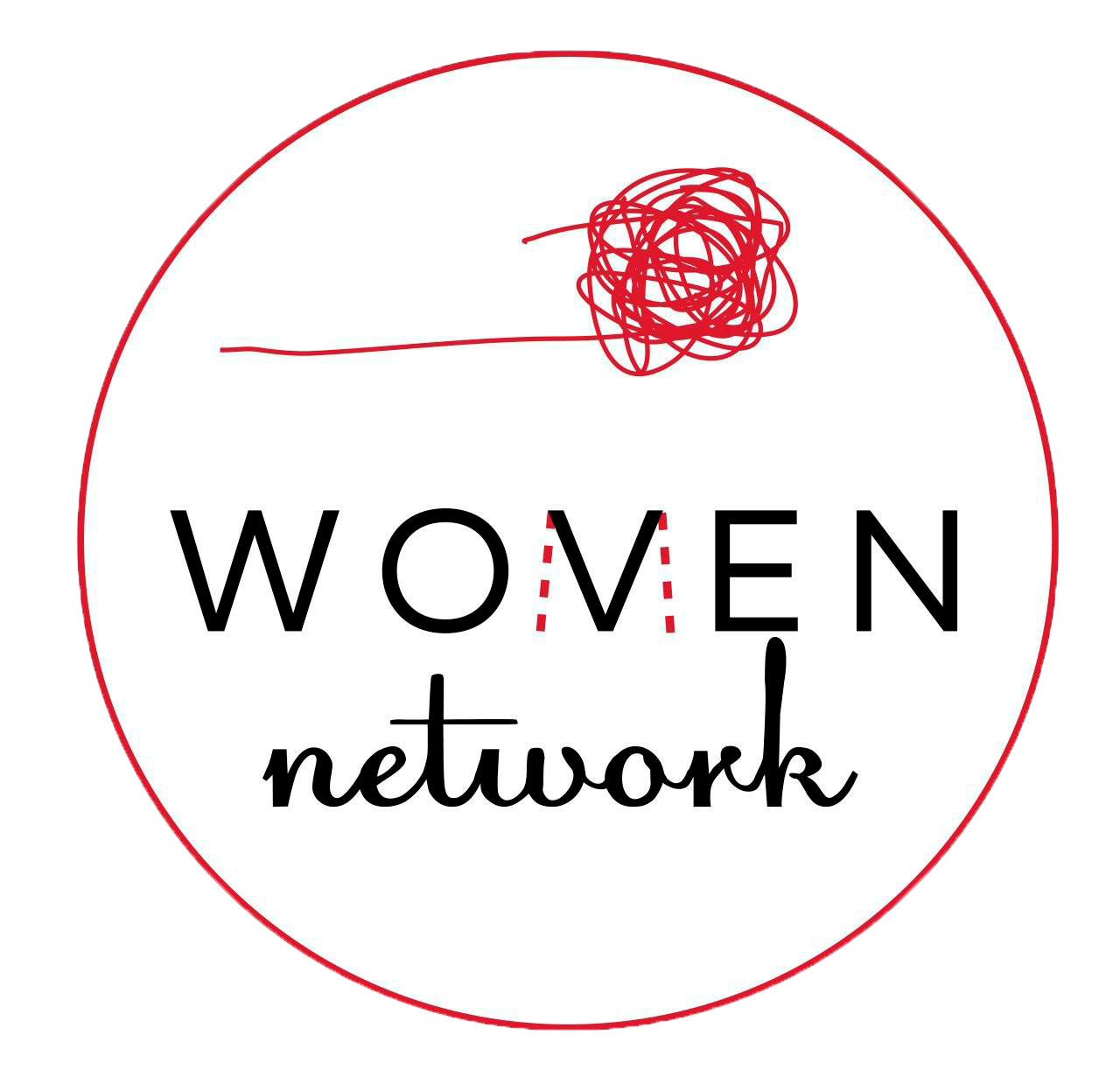Deirdre Nelson
Currency of Care
Lady Macbeth did a lot of hand washing. Alas, it ne'er did her any good, despite the fact that old-fashioned soap and running water are, hands down, the surest way to dislodge viruses like SARS-CoV-2 from the skin. Soap breaks down the protective lipid layer surrounding viral cells and more effectively removes them than hand sanitiser. If anything has been learned, remembered or broadly accepted even among the world's warring infection factions over the last 18 months, it's that thorough hand washing with soap and water protects us, and others, from a multitude of ills delivered by hand.
Health care workers and home carers know this; they have taught us of late the intimate choreography of effective hand-washing: the rhythmic motion of enfolding and circling, the sliding and interlacing of fingers; each hand working ceaselessly over the front, back and nails of the other. We've learned to do this for ourselves, and for those who aren't able to. It's a beautiful series of actions; an acknowledgement of how in touch we are with the world, and of how care for others requires care for ourselves on the thresholds where we meet.
We care for one another and for other things and beings in many ways, but perhaps primarily with our hands. 'Care' comes from the Old English carian, to grieve. To care for someone is to recognise their vulnerability; it is to love and tend to another both because of and in spite of the risk of losing them. When textile artist and repurposer Deirdre Nelson began to look for ways to express the hand-held/hand-holding nature of care in a time of Covid-19, she chose to work with grief, touch and soap, responding to a global situation in which tenderness and touch are craved by so many precisely because they have been legislated against as primary pathways of disease transmission. The irony in this is similar to the irony of the fact that while their clean hands have performed such essential and incessant functions in our hospitals and care homes, UK health workers have been largely neglected by the government, being offered a 1% pay rise in 2021, in contrast to the 10% given to health workers in France. Stress, fatigue and grief have affected most, if not all of them, over the last 15 months, as they have the families of more than 127,000 lost to coronavirus. Nelson wanted to develop a craft project that spoke of acts of care while also being one, that acknowledged the embodiment of care, and its value, in the physical and material gestures of volunteers and front line health workers.
So many have feared losing or have lost loved ones without being able to touch them. The NHS Give and Go project across Greater Glasgow and Clyde invited volunteers to deliver precious or valued items to patients unable to be visited by friends and family during periods of lockdown. The volunteers collected laundry for washing, and dropped off food, books, toiletries, clothing: gifts for the senses passed hand to hand from home to hospital, wardrobe to ward. Not all transmission involves infection; the Give and Go project set up a chain of giving – a bucket-list brigade in a time when the world was on fire. And what about the volunteers? Nelson wanted to acknowledge the value of their hands too, to include them in her creative gesture of care. For the Woven in Govan project (part of the European Woven Network) celebrating the care work of women during the pandemic, she knitted and embroidered cloth with words like 'care' and 'safe', and cast these small objects in plaster and clay, from which silicon moulds were made by Helen Kalmijn and used to cast soap. The resulting 'care tokens' have both practical and poetic value; they have become, in Nelson's words, a 'currency' of care, and she offers them to care workers and volunteers in exchange for stories of their personal experiences of caring for others. The estimated value of unpaid care in Scotland is £36 billion. Nelson has embroidered this number too and cast it into soap. Multiples of all the tokens have been made and gifted to the Give and Go volunteers, and they will be handed out at a local foodbank in exchange for stories.
Deirdre's work is based in creative activism. Its gesture often involves exchange of a story for an object, making and remaking the point expressed by Rebecca Solnit that art objects gather meaning and true (more-than-market) value through the ways in which they are shared. They should exist within an ongoing cultural conversation, as part of life's mutability and flow, rather than as monuments on the river's banks. The NHSGGC's 'From the Heart' campaign ran through two waves of coronavirus in Scotland, asking community members to knit 'twin' hearts which could be held by patients in isolation and by the families unable to visit them. Humane touch in place of human touch. Nelson responded to the project by casting soap from the knitted objects; these hand-made textured talismans bring together all of the meanings and many of the gestures of care undertaken globally throughout the pandemic. They speak of time, attention, touch, tenderness, humility, utility, concern, love and loss; they combine the work of many hands – spinners, weavers, knitters, nurses, crafters, artists, kin and carers. In their making and sharing, in their everydayness, in their use and reuse, they remind us all of the value of our intimate interconnection, and they wash us clean and make us safer, palm to palm and hand in hand.
Ruth Little
Health care workers and home carers know this; they have taught us of late the intimate choreography of effective hand-washing: the rhythmic motion of enfolding and circling, the sliding and interlacing of fingers; each hand working ceaselessly over the front, back and nails of the other. We've learned to do this for ourselves, and for those who aren't able to. It's a beautiful series of actions; an acknowledgement of how in touch we are with the world, and of how care for others requires care for ourselves on the thresholds where we meet.
We care for one another and for other things and beings in many ways, but perhaps primarily with our hands. 'Care' comes from the Old English carian, to grieve. To care for someone is to recognise their vulnerability; it is to love and tend to another both because of and in spite of the risk of losing them. When textile artist and repurposer Deirdre Nelson began to look for ways to express the hand-held/hand-holding nature of care in a time of Covid-19, she chose to work with grief, touch and soap, responding to a global situation in which tenderness and touch are craved by so many precisely because they have been legislated against as primary pathways of disease transmission. The irony in this is similar to the irony of the fact that while their clean hands have performed such essential and incessant functions in our hospitals and care homes, UK health workers have been largely neglected by the government, being offered a 1% pay rise in 2021, in contrast to the 10% given to health workers in France. Stress, fatigue and grief have affected most, if not all of them, over the last 15 months, as they have the families of more than 127,000 lost to coronavirus. Nelson wanted to develop a craft project that spoke of acts of care while also being one, that acknowledged the embodiment of care, and its value, in the physical and material gestures of volunteers and front line health workers.
So many have feared losing or have lost loved ones without being able to touch them. The NHS Give and Go project across Greater Glasgow and Clyde invited volunteers to deliver precious or valued items to patients unable to be visited by friends and family during periods of lockdown. The volunteers collected laundry for washing, and dropped off food, books, toiletries, clothing: gifts for the senses passed hand to hand from home to hospital, wardrobe to ward. Not all transmission involves infection; the Give and Go project set up a chain of giving – a bucket-list brigade in a time when the world was on fire. And what about the volunteers? Nelson wanted to acknowledge the value of their hands too, to include them in her creative gesture of care. For the Woven in Govan project (part of the European Woven Network) celebrating the care work of women during the pandemic, she knitted and embroidered cloth with words like 'care' and 'safe', and cast these small objects in plaster and clay, from which silicon moulds were made by Helen Kalmijn and used to cast soap. The resulting 'care tokens' have both practical and poetic value; they have become, in Nelson's words, a 'currency' of care, and she offers them to care workers and volunteers in exchange for stories of their personal experiences of caring for others. The estimated value of unpaid care in Scotland is £36 billion. Nelson has embroidered this number too and cast it into soap. Multiples of all the tokens have been made and gifted to the Give and Go volunteers, and they will be handed out at a local foodbank in exchange for stories.
Deirdre's work is based in creative activism. Its gesture often involves exchange of a story for an object, making and remaking the point expressed by Rebecca Solnit that art objects gather meaning and true (more-than-market) value through the ways in which they are shared. They should exist within an ongoing cultural conversation, as part of life's mutability and flow, rather than as monuments on the river's banks. The NHSGGC's 'From the Heart' campaign ran through two waves of coronavirus in Scotland, asking community members to knit 'twin' hearts which could be held by patients in isolation and by the families unable to visit them. Humane touch in place of human touch. Nelson responded to the project by casting soap from the knitted objects; these hand-made textured talismans bring together all of the meanings and many of the gestures of care undertaken globally throughout the pandemic. They speak of time, attention, touch, tenderness, humility, utility, concern, love and loss; they combine the work of many hands – spinners, weavers, knitters, nurses, crafters, artists, kin and carers. In their making and sharing, in their everydayness, in their use and reuse, they remind us all of the value of our intimate interconnection, and they wash us clean and make us safer, palm to palm and hand in hand.
Ruth Little

